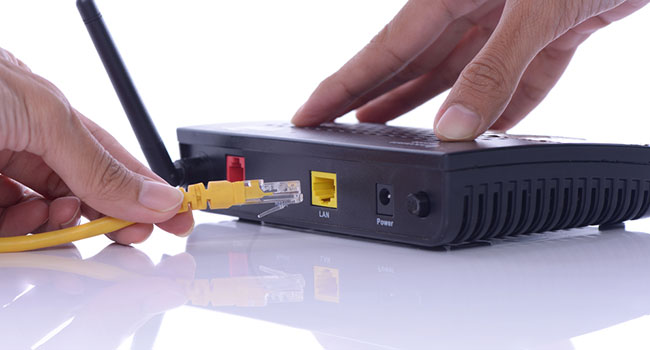
Vulnerabilities Revealed in AT&T Modems
Gaping security holes have been discovered in most AT&T U-verse cable modems that would allow remote cyber criminals to access a household’s internet connection as well as any devices connected to it.
Gaping security holes have been discovered in most AT&T U-verse cable modems that would allow remote cyber criminals to access a household’s internet connection as well as any devices connected to it, Infosec consulting firm Nomotion revealed in a new blog post.
According to the Register, the vulnerabilities cause potential harm to nearly 140,000 broadband modems.
“For those familiar with the technical history of Arris and their careless lingering of hardcoded accounts on their products, this report will sadly come as no surprise,” the Nomotion post said. “For everyone else, prepare to be horrified.”
Researchers said it is uncertain whether the security flaws were introduced by Arris, the company responsible for building the modems, or if they were added after delivery to AT&T – since their engineers have the ability to add and customize code running on the devices before putting them in customers’ hands.
The findings claim that the Arris modems carry hard-coded credentials which allowed a firmware update to turn on its Secure Shell (SSH) by default. This would allow a remote hacker to access the modem’s cshell service which includes capabilities such as “viewing/changing the WiFi SSID/password, modifying the network setup and re-flashing the firmware from a file served by any tftp server on the Internet.”
The specific modems which were found to contain the bugs are the Arris NVG589 and NVG599, which Nomotion said are provided as standard customer premises equipment for AT&T U-verse customers.
Technicalities of each of the five vulnerabilities are detailed in the post. It said the most prevalent and potentially dangerous vulnerability, based solely on the high number of affected devices, is a firewall bypass. Essentially, the only thing protecting an AT&T U-verse internal network device from the internet is whether or not a hacker knows or is able to “brute-force” the MAC address of any of its devices.
Nomotion hopes “that the problems will be swiftly patched and that going forward, peer reviews and/or vulnerability testing on new releases of production firmware will be implemented prior to pushing it to the gateways.” In the meantime, the post includes detailed instructions for various self-mitigation techniques that AT&T customers may use as workarounds for the vulnerabilities.
An Arris representative told Threatpost the company is verifying the details of the firm's report.
“Until this is complete, we cannot comment on its details,” Arris said in a statement to Threatpost. “We can confirm Arris is conducting a full investigation in parallel and will quickly take any required actions to protect the subscribers who use our devices.”